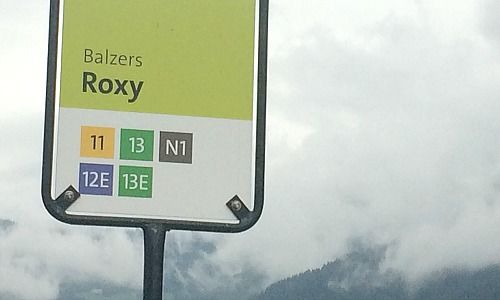Groundbreaking Tech – Manually
«Whoever wants to bring a blockchain offer onto the market has to first build the know-how within the bank», he said. This involves a surprisingly large number of manual processes, with the holding of digital currencies functioning like the trading of shares, when they were held at the bank.
Bank Frick has created three blockchain teams: to manage the initial issue of token and coins, so-called ICOs, in brokerage, and for clients of crypto firms. It has 11 employees on the corporate client side for crypto.
With this set-up, Bank Frick looks to have backed the right horse. Last year the bank’s managed assets rose 50 percent to 3.8 billion Swiss francs ($3.86 billion), with net new money accounting for 350 million francs, pushing profit up from 3.2 million to 6.3 million francs. Staff numbers have also risen, and should reach 120 by year-end, with most living in the close vicinity to the bank.
Californian Relatives
But how does one lure crypto cracks from Silicon Valley to rural Liechtenstein? At the start this looked an impossible task, Woegerer admitted. However family ties helped forge links to the boffins in California.
An assistant to bank head Woegerer had a young relative in California who was involved in the programing of algorithms for a Mexican crypto exchange. «We phoned the then-19-year-old and asked whether he could explain how blockchain worked. Within six months we had drawn up our first business plan and began schooling our staff.»
«We Pick and Choose»
Thanks to the youthful assistance the bank was able to build a network in Europe, which forms the base of its current team. Now Woegerer gets job inquiries from students at top universities. «We can pick and choose», he laughs.
For a bank it is more important to be able to assess the risk accompanying the crypto business than understand the technology behind it. Digital currencies are associated with money laundering and cyber criminality. This is something respectable banks want to avoid, in Liechtenstein as well as Switzerland. Thus specialists are needed to separate the wheat from the chaff.




































